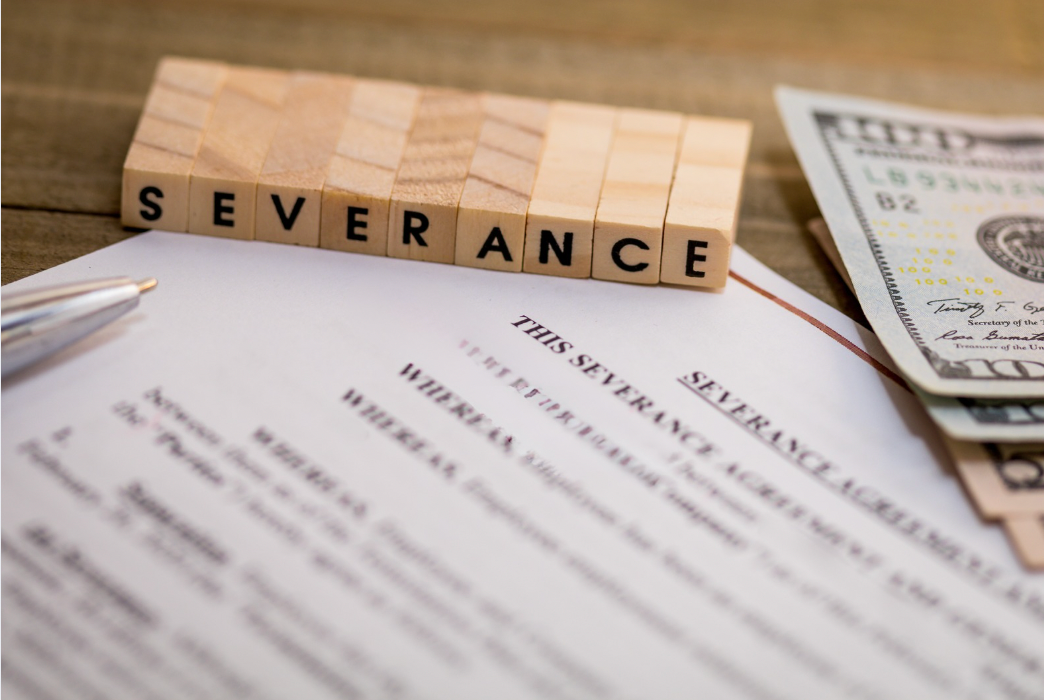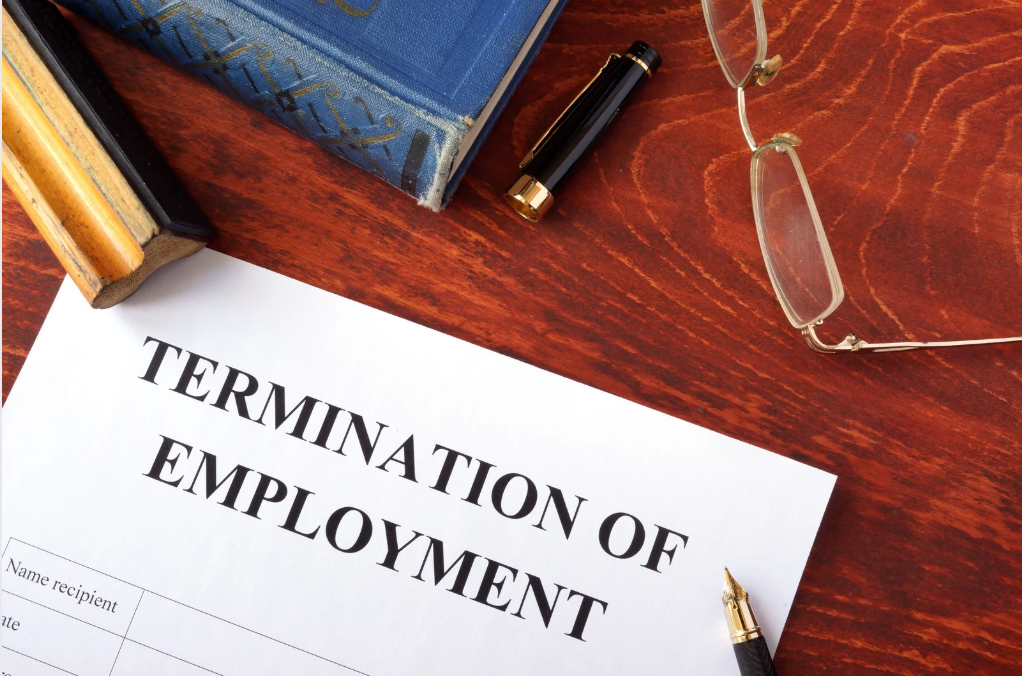16 June 2025
If you find yourself in an employment dispute about wrongful termination, discrimination, or issues with wages, it can seem like you're at a crossroads. Should you take your case to court, or is there a less confrontational way to resolve it? At The Gould Firm in San Diego, we help clients make this decision by comparing two avenues: mediation and litigation. Each process has pros and cons, and knowing the distinctions will help you chart the best course for your situation. With Attorney Evan A. Gould’s expertise as both a trained mediator and a seasoned trial lawyer, we’re here to help you navigate either path to secure the best possible outcome. Let’s break down the key factors: cost, time, and outcomes. What Is Mediation? Mediation is a voluntary and confidential process in which a neutral third party (the mediator) assists you and your employer in reaching an agreement that you can both accept. Think of mediation as a structured conversation, rather than as a court of law. The mediator does not determine who is right or wrong; the mediator finds ways to allow people to discuss issues with each other, strive to clarify the issues, and find common ground from which they can negotiate. Why Choose Mediation? Cost: Mediation is typically far less expensive than litigation. Sessions can cost a few hundred to a few thousand dollars, split between the parties, compared to litigation’s hefty legal fees, which can run into tens of thousands. The Gould Firm strives to keep costs low with flexible fee arrangements, such as hourly or flat rates, tailored to your specific needs. Time: Mediation is often quick and can be resolved in a day or a few sessions over a few weeks. Litigation, on the other hand, can drag on for months or even years. If you’re looking to move quickly, mediation is usually the faster choice. Outcomes : Mediation gives you control. You and your employer craft the agreement, so it’s often more flexible, covering things like reinstatement, severance packages, or even non-monetary terms, such as a positive reference. There’s no guarantee of a win, but there’s also no risk of a judge ruling against you. Plus, it’s confidential, keeping your dispute out of the public eye. Why It Might Not Be Right Mediation requires both sides to negotiate in good faith. If your employer is uncooperative or the issue involves serious misconduct (like systemic discrimination), mediation might not deliver the accountability or compensation you need. It also relies on compromise, which may not feel like justice if you’re seeking a clear win. What Is Litigation? Litigation refers to the process of resolving a dispute through the court system, where a judge or jury determines the outcome based on the evidence and legal arguments presented. It’s formal, adversarial, and public, with each side presenting its case through attorneys. Why Choose Litigation? Cost: Litigation is a more costly option when considering court fees, discovery (such as depositions and document requests), and, of course, attorney time. Generally speaking, The Gould Firm represents employees on a contingency fee basis - you pay nothing upfront and only are responsible for fees if we win. Even though employers may incur increased costs defending claims, there is a downward check on expenses, particularly with our firm's reasonable rates. Time: Court cases can take a significant amount of time, often 1-2 years in California, and sometimes longer if appeals are involved. If you need a resolution now, this can be a drawback. Outcomes: Litigation can result in larger payouts, particularly in cases involving egregious violations, such as wrongful termination or harassment. You may be entitled to damages for lost wages, emotional distress, or even punitive damages to punish the employer. However, outcomes are less predictable; a judge or jury could rule against you, and court records are public, which may concern privacy-conscious clients. Why It Might Not Be Right Litigation is a stressful, time-consuming, and costly process. It’s also a gamble: even a strong case can falter if evidence isn’t airtight or the judge interprets the law differently. For more minor disputes, the cost and effort might outweigh the potential reward. How The Gould Firm Helps You Choose When it comes to mediation or litigation, Attorney Evan A. Gould has a unique perspective to offer through The Gould Firm. With over 30 years of experience, he has proven himself as a trial lawyer, and he is also a trained mediator and arbitrator with litigation experience. This dual expertise enables him to guide you through either process with skill and strategy. As a Mediator: Evan’s training allows him to act as a neutral facilitator or advise clients in mediation, helping craft creative solutions that save time and money. His deep knowledge of employment law ensures you don’t settle for less than you deserve. As a Trial Lawyer, Evan’s courtroom track record shines in litigation. He has represented employees and employers and understands how to put together a case, defeat an opposing case, and fight for you to receive the most compensation. He has a perfect 10.0 Avvo rating, which speaks to his success and client trust. Key Factors to Consider So, how do you decide? Here are some questions to ask yourself: Budget: Can you afford the upfront costs of litigation, or is mediation’s lower cost more feasible? The Gould Firm offers flexible fee arrangements, including contingency fees for employees and hybrid arrangements, which can help meet your budget limitations. Timeline: Do you need a quick resolution, or are you prepared for a longer fight? Mediation wraps up faster, while litigation offers a shot at bigger rewards. Goals: Are you after a specific outcome, like reinstatement, or do you want to hold your employer accountable publicly? Mediation offers flexibility; litigation provides the potential for precedent-setting wins. Evidence: Is your case strong with clear proof (like emails or witness testimony)? Litigation thrives on evidence, whereas mediation can still be effective even with weaker documentation. Stress Tolerance: Can you tolerate the public stress of a trial, or would you rather have a private process? California-Specific Insights California's employment laws and programs (ex., Fair Employment and Housing Act (FEHA)) protect people in the workplace and provide individuals with remedies that result in mediation and litigation as potential resolution paths for workplace issues. However, with the state's backlog of court cases (over 1.5 million pending civil cases as of 2024, according to the California Courts), litigation can be slow. Mediation avoids this bottleneck. Additionally, California’s comparative fault rules mean even if you’re partly responsible (e.g., for a workplace misunderstanding), you can still recover damages in litigation, adjusted for your share of fault. Take the Next Step with The Gould Firm Choosing between mediation and litigation depends on your unique situation, but you don’t have to decide alone. At The Gould Firm, we’re committed to helping San Diego workers and employers resolve disputes efficiently and effectively. Whether you need Evan Gould’s mediation expertise to negotiate a fair deal or his trial skills to fight in court, we’re here to secure the best result for you. Ready to explore your options? Call us at (619) 291-9858 or use our online contact form to schedule a free consultation today. Let The Gould Firm guide you through your employment dispute with confidence and care.










